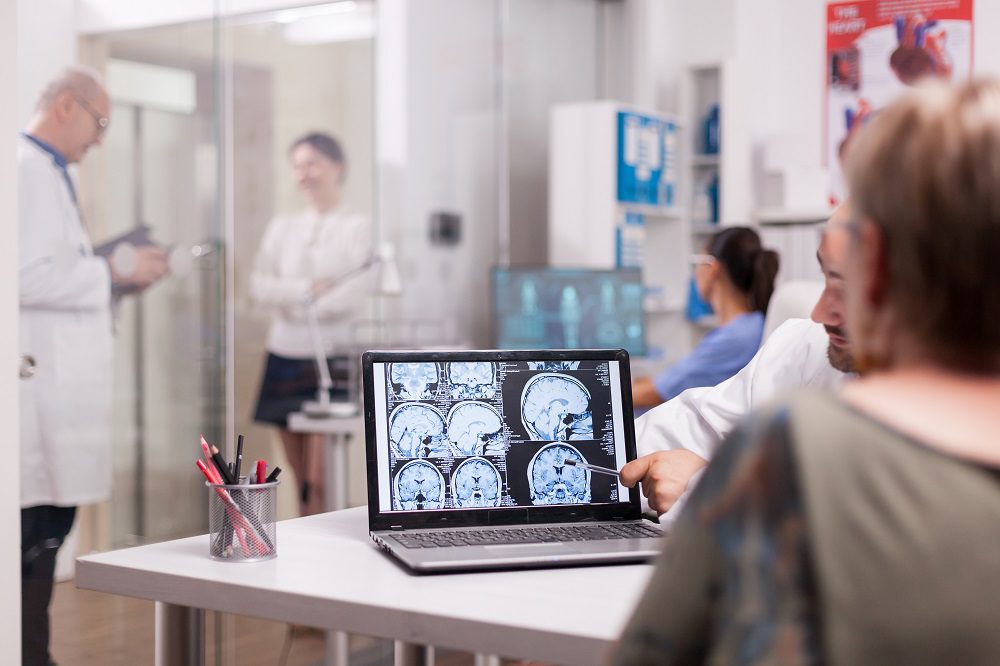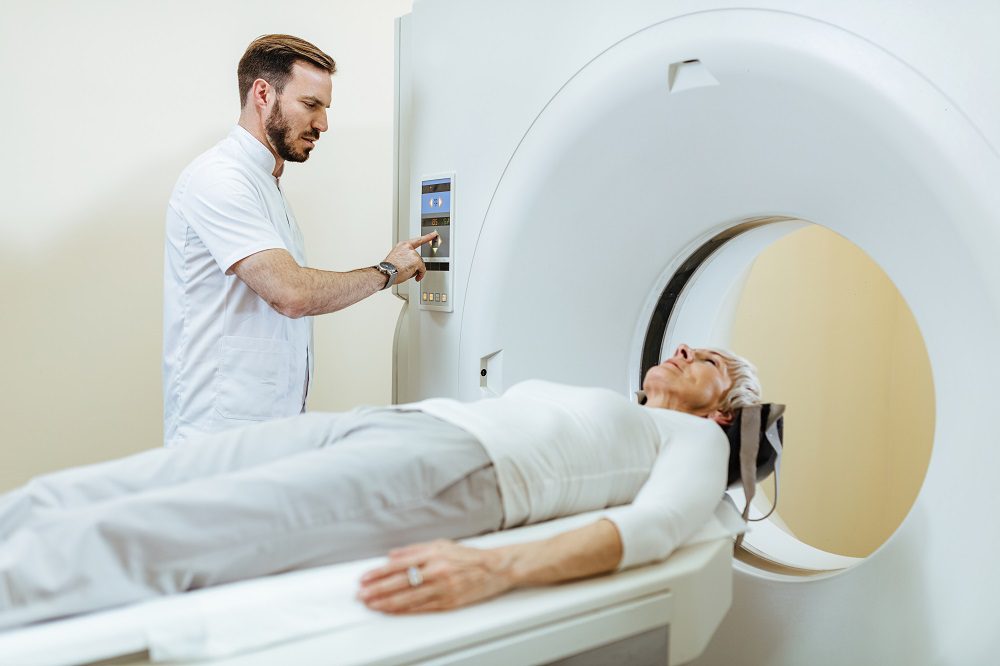An Unusual Presentation of Brain Reperfusion: A Case Report


A 63-year-old man (ISN) experienced sudden onset of tingling in his right occipital region and right homonymous hemianopia, along with mild paresthesia of the right arm. He had a history
Trial of Endovascular Therapy for Acute Ischemic Stroke with Large Infarct


Background The role of endovascular therapy for acute stroke with a large infarction has not been extensively studied in differing populations. Methods Results Conclusion In this trial, patients with large cerebral infarctions had better outcomes with endovascular therapy administered within 24 hours than with medical management alone but had more intracranial hemorrhages.
Brain tumor segmentation of MRI images: A comprehensive review on the application of artificial intelligence tools


Background Brain cancer is a destructive and life-threatening disease that imposes immense negative effects on patients’ lives. Therefore, the detection of brain tumors at an early stage improves the impact of treatments and increases the patient’s survival rates. However, detecting brain tumors in their initial stages is a demanding task and an unmet need. Methods […]
Early mobilization in acute stroke phase: a systematic review


Background Early mobilization is defined as out-of-bed activities in acute stroke phase, and has led to improvements in functional capacity and reduction of complications after stroke. Objective This study aimed to investigate the effectiveness and safety of early mobilization in the acute stroke phase. Methods Results Conclusion The optimal time to start early mobilization is […]
Preventive Approaches for Post-Stroke Depression: Where Do We Stand? A Systematic Review


Background Post-stroke depression (PSD) occurs in one-third of stroke survivors, leading to a substantial decrease in quality of life as well as delayed functional and neurological recovery. Early detection of patients at risk and initiation of tailored preventive measures may reduce the medical and socioeconomic burden associated with PSD. Objective To review the current evidence […]
Malnutrition in patients with neurological disorders


Neurological disorders can cause problems in chewing and swallowing or impair functionality in daily life. Depression, which is often seen in patients with chronic neurological disorders, also increases the risk of malnutrition. Impairment of cognitive function makes it difficult to prepare food and increases the risk of malnutrition. Gastroparesis due to Parkinson’s disease or diabetes […]
